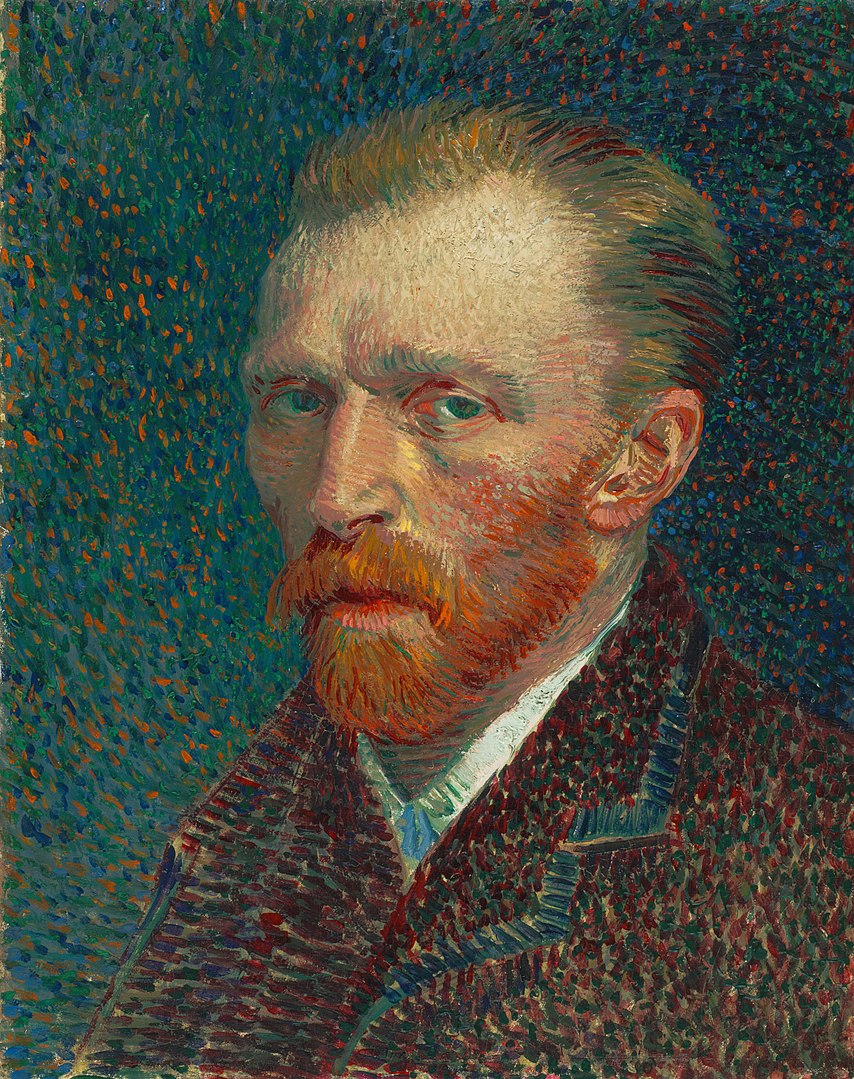For those whose professional activity has been affected by the obligation of confinement, it may be sensible to follow the advice to take advantage of this period and resume that project of learning a new skill that you have probably tried several times to start.
If this is your case, you may even have tried to follow some videos or start one of the many courses available online, only to find that your interest in the project is waning, using as a justification, the common phrase that serves is the title of this chronicle. You might even think that this phrase is related to the loss of agility in your brain and that learning is no longer for you. There are, however, several examples of people who made important contributions in literature, mathematics, art or politics, and who started their careers late in life.
Have you ever thought that the problem may not be yours? The standardization of training content is usually more suited to university students than to your requirements and professional experience.
Before starting a new learning project, it is worth taking some time to understand the reason for doing so, what knowledge or skills you are looking for and what will be the best way to acquire them.
This phase, called meta-learning, is part of the process of learning your best way for you to learn, as this may not be your last learning project.
Learning planning should not take up more than 10% of your project’s total time, but it should help you understand if your motivation is instrumental (if learning is a means to an end, a new job, for example) or if it is intrinsic (learning is an end in itself, like learning to paint).
This phase also includes the identification of what you want to learn, such as the concepts you need to understand, the facts you will need to memorize or the procedures you need to practice, highlighting those that seem more challenging.
The final stage of planning is choosing how you will learn. To get to know the traditional way this subject is learned, gather curriculum of courses and book indexes. Then, eliminate what you already know or do not find useful for your goal and emphasize the essentials by designing a personalized training plan.
The next goal in the learning process is to practice concentration. Professional life is full of stimuli and urgencies that you have to react to, but learning requires to put aside periods of time without interruptions. This will make it easier for you to achieve what psychologists call a state of flow, a total immersion in the activity you are doing.
Then, you should be aware that your learning is aimed at an end. One of the difficulties of traditional models is the transfer of learning from an abstract situation in the classroom or in a book to an everyday problem. In your case, you know exactly where you want to apply the knowledge and you can direct your learning to a specific problem or situation. Interestingly, it has been found that self-directed learning makes transferring to other applications easier and has the advantage of offering immediate results that reduce the loss of interest.
The next step is to analyze the skills you need to address your real problem and divide them into components that can be exercised separately. For example, to learn to play the guitar, you can direct the process to learn how to play a piece of music, but you need to divide it into sequences of finger movements with different degrees of difficulty that can be trained separately.
When planning your project, you should also have identified several facts that you will need to memorize. The best way to do this is not to repeat reading or viewing the video, but exercising access to your memory. You can imagine that your brain stores each memory in one of the drawers in a cabinet and that you need to open them regularly to find out what they contain. Doing an exercise or trying to answer a question requires looking for the right drawer while reading the solution in the book will take up a new drawer.
An important step in the learning process is to seek feedback on your results, as it is possible that you may be making an error that a specialist can easily correct. The main difficulty is that the fear of criticism is often more uncomfortable than the criticism itself. Think that the specialist will be the best appreciator of your effort, as she knows the difficulties you are going through.
All of this is called self-directed learning, in which it is the student himself who adapts the learning process to his personal characteristics and objectives. If you found the topic interesting, I recommend reading the book Ultralearning, by Scott Young, from where I took many of the advice I used in this chronicle.
Finally, remember that it is the difference that makes things unique. After gaining some familiarity with the topic of your learning, try to be creative, experimenting with different forms and solutions. Now that you know what others have done, can you do the same differently, or will you be able to apply what you have learned in a different domain? You may have arrived late to this new area, but it brings with it experience different from who has always worked there. Being an old dog also has its advantages.
Adapted from my Jornal i column, March 19th, 2019

 Português
Português